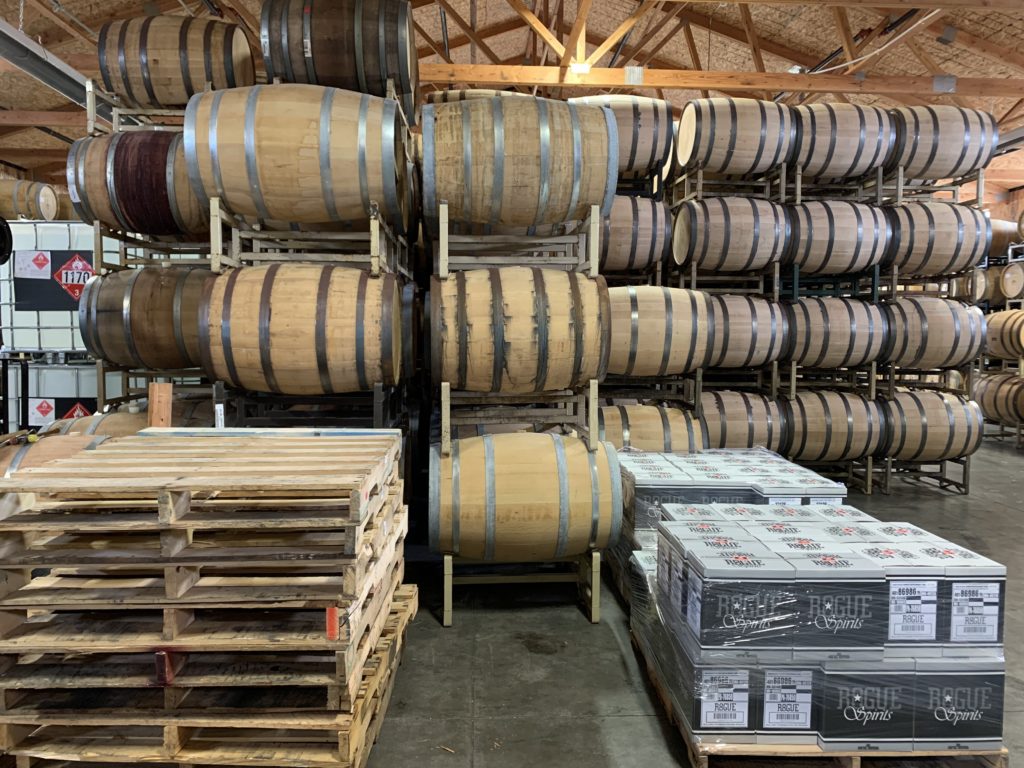Gastropod looks at food through the lens of science and history.
Co-hosts Cynthia Graber and Nicola Twilley serve up a brand new episode every two weeks.
Co-hosts Cynthia Graber and Nicola Twilley serve up a brand new episode every two weeks.
All that, plus Roman supply chain logistics, bung holes, and spoofulation! Join us for a barrel of laughs as we visit two of America's last cooperages and a pioneering Seattle distillery.

Matt Hoffman is the co-founder and master distiller at Westland Distillery. In 2019, the third edition of their Garryana project was named American Single Malt Whiskey of the Year at World Whiskies Awards; in 2021, edition five won the same award. You can read more about Westland's work to restore Garry oak savannas near Tacoma, Washington, online here.
At Oregon Barrel Works, we met Matt Fortran and master cooper Rick DeFerarri. Oregon Barrel Works is a log-to-barrel cooperage that supplies Westland Distillery (amongst others) with their Garry oak barrels. They work with several kinds of oaks, sourced in forests from France to Oregon.
In 2015, Rogue Ales & Spirits acquired some WWII-era French coopering equipment and tapped employee Nate Lindquist to helm the operation. Nate trained with Rick at Oregon Barrel Works before becoming head cooper at Rolling Thunder Barrel Works, where he creates barrels for aging Rogue’s spirits and beers—and experiments with "weird woods."
Henry Work has been a cooper since 1974, starting with 25 years of experience making barrels in Napa Valley, then managing a cooperage in Kentucky. His book, Wood, Whiskey and Wine: A History of Barrels, is a comprehensive guide to the history of barrels and how their roles have evolved over 2,000 years of use; he's also the author of The Shape of Wine: Its Packaging Evolution.
Aude Watrelot is an assistant professor of enology at Iowa State University, where she studies the chemical composition of hybrid grape varieties, how different wine-making practices affect a wine’s chemical composition, and how this affects the final perception of the wine.
Check out this video of Adirondack Barrel Cooperage made by our partners at Eater.
Click here for a transcript of the show. Please note that the transcript is provided as a courtesy and may contain errors.